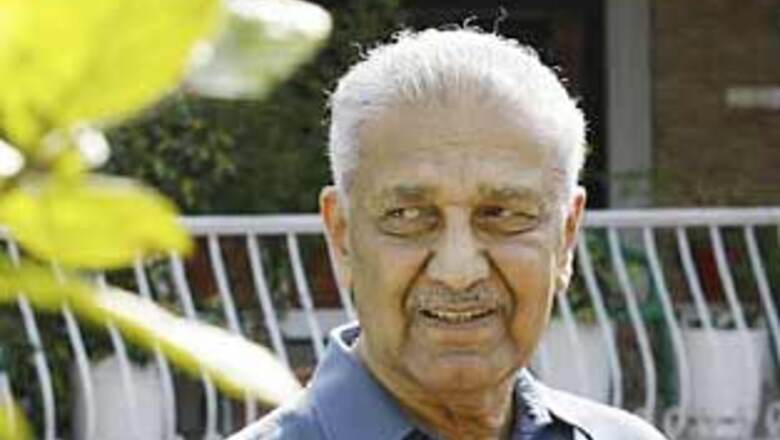
views
Islamabad: A Pakistani court declared disgraced nuclear scientist Abdul Qadeer Khan free on Friday, ending five years of house arrest for the man at the center of the world's most serious proliferation scandal.
Khan, revered by many Pakistanis as the father of the country's atomic bomb, confessed to selling nuclear secrets to Iran, North Korea and Libya in 2004. But he was immediately pardoned by the government, although his movements were restricted to effective house arrest.
"It's a matter of joy. The judgment, by the grace of Allah, is good," Khan told reporters outside his Islamabad house soon after news of the high court ruling broke.
In Washington, Secretary of State Hillary Clinton said she was "very much concerned" about Khan's release.
White House spokesman Robert Gibbs said President Barack Obama wanted assurances from Pakistan that the scientist would not be involved in nuclear proliferation.
US State Department spokesman Gordon Duguid said the US believed Khan "remains a serious proliferation risk."
"The proliferation support that Khan and his associates provided to Iran and North Korea has had a harmful impact on international security and will for years to come," Duguid added.
The Pakistani government declined to comment on the court decision but said as a responsible nuclear-armed state, it had taken all necessary measures to promote the goal of non-proliferation.
Washington was the first to react, warning that the nuclear scientist still remained a serious proliferation risk. Britain demanded that Islamabad grant the IAEA access to Khan. The IAEA says there are many questions that need to be answered on the nuclear black-market he ran.
France expressed regret; India is concerned and also wary of the timing of his release when Pakistan is under so much international pressure over terrorism.
"The so-called A Q Khan affair is a closed chapter," the Foreign Ministry said.
"A Q Khan is history as far as we are concerned. The government of Pakistan has extracted the information that is required. We have successfully broken the network that he had set up and today he has no say and has no access to any of these sensitive areas of Pakistan," Pakistan's Foreign Minister Shah Mehmood Qureshi told Reuters when asked what sort of message Khan's release would send to the new US administration given its concerns about proliferation.
Khan, 72, who has been treated for prostate cancer, said he had finished his nuclear work and wanted to devote his time to education.
He said he had no plan to travel abroad apart from Mecca, in Saudi Arabia, for a pilgrimage.
Qureshi said it would be a "political" decision whether Khan would be allowed to travel, but added - "He's an old man and a sick man and I wonder if he can travel than much. I am not aware of what his plans are. But I wonder if he would want to leave the country, where would he want to go?"
Khan himself said that he did not care what foreign governments thought.
"I am obliged to answer only to my government not to any foreigners," he told reporters. "I will always be proud about what I did for Pakistan."
Khan's detention had been relaxed over the past year; he was allowed to meet friends and traveled to Karachi at least once under tight security.
He also gave media interviews after a new government came to power in March but was barred from speaking to reporters by a July court ruling.
Khan's lawyer Ali Zafar said the high court had declared he was not involved in nuclear proliferation or criminal activity and there was no case against him.
"The court has ordered that he's a free man," Zafar told Reuters. Islamabad had long maintained that Khan was not officially under house arrest but was being held for his own security.












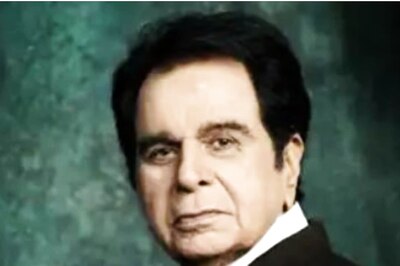



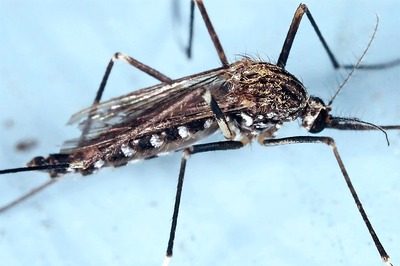
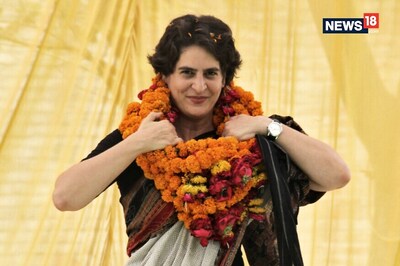
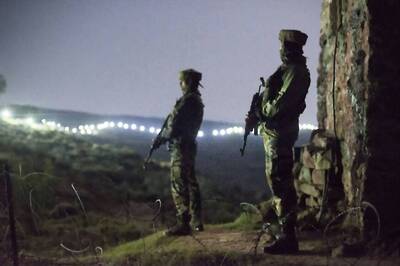
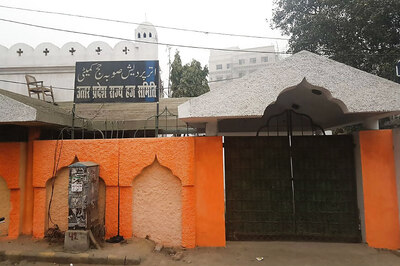
Comments
0 comment